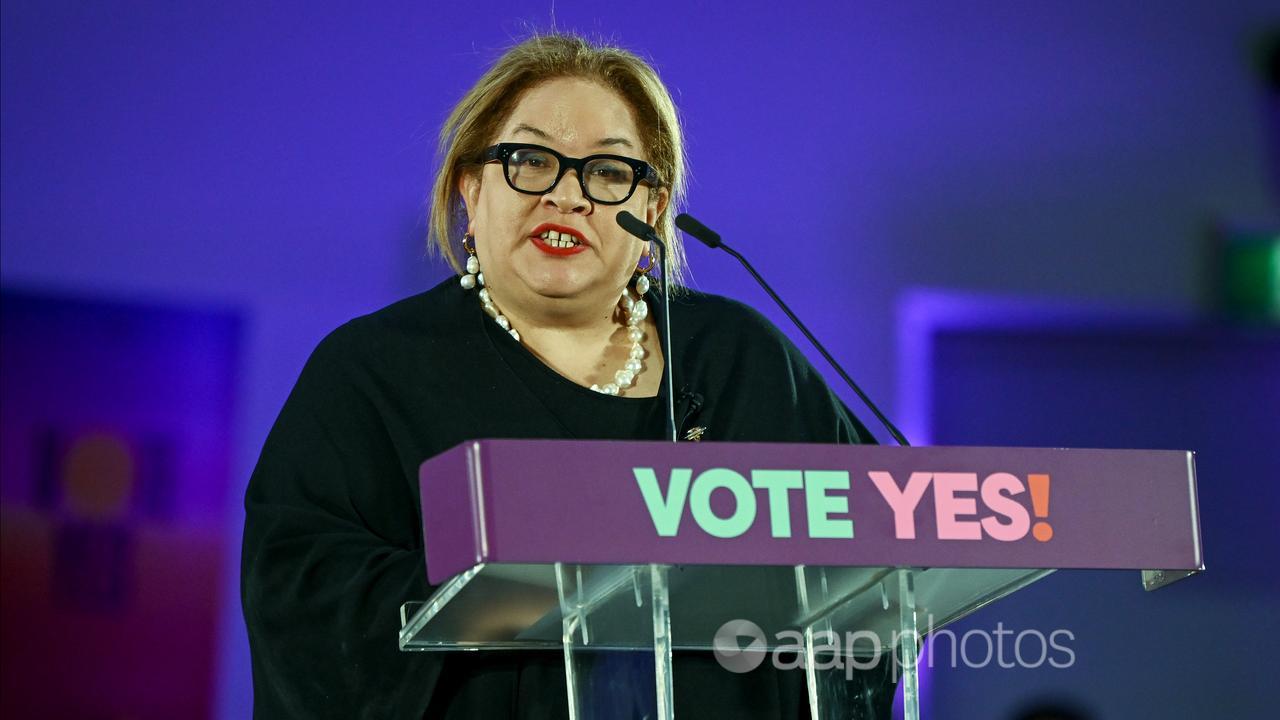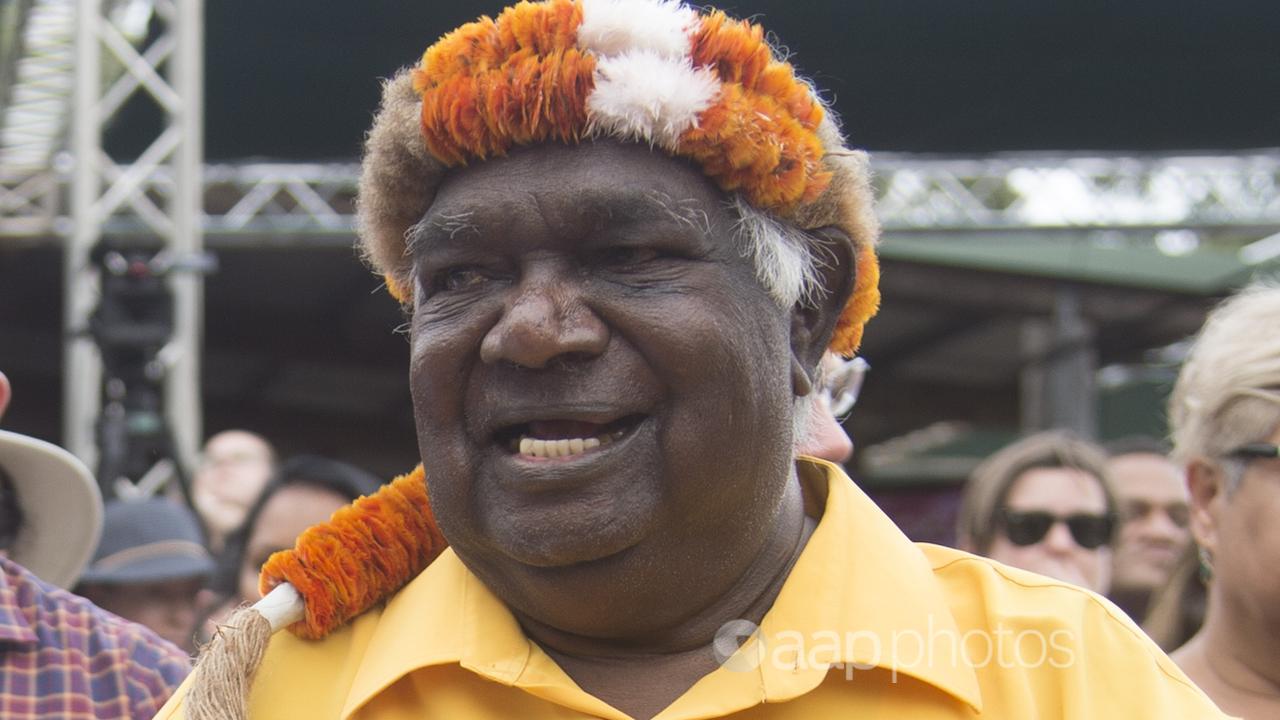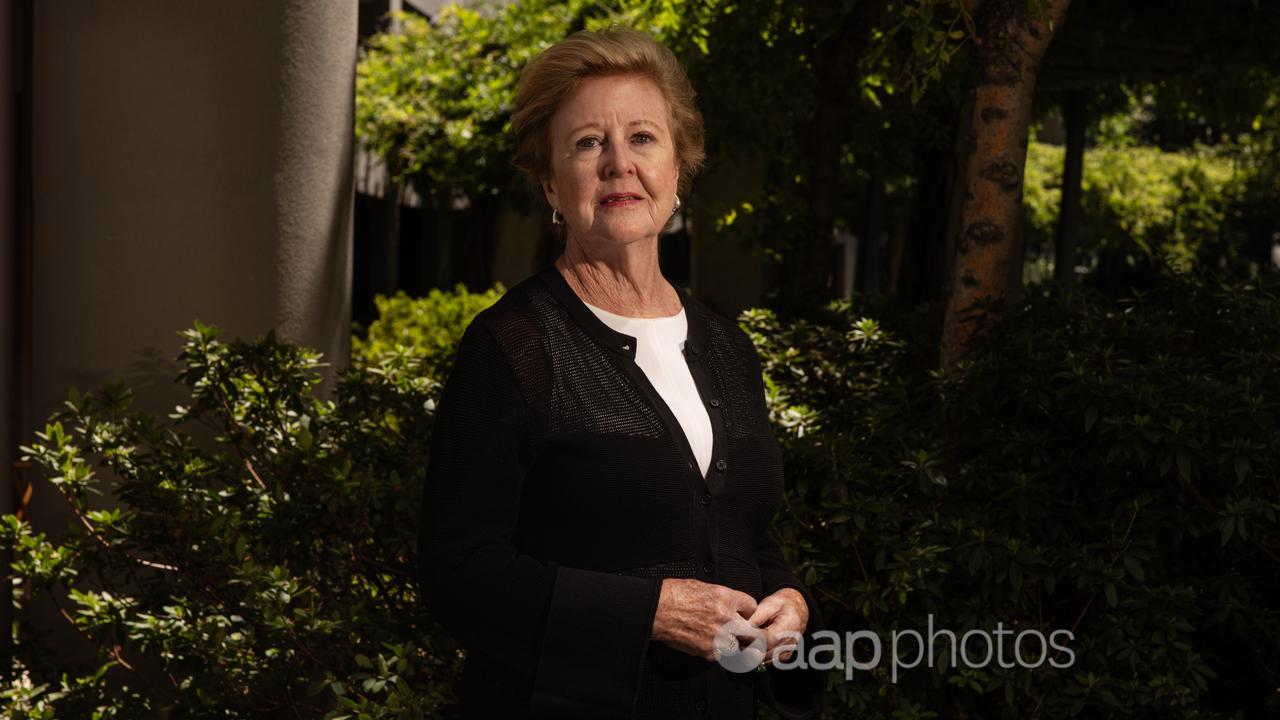The past year has not been easy for Megan Davis, the renowned constitutional lawyer and Uluru Statement from the Heart architect.
When Professor Davis was told she would be appointed a Companion (AC) of the Order of Australia – the nation’s highest civilian honour – it served as a timely reminder of earlier successes in her career after being “fixated” on the failed voice to parliament referendum.
“It was a bit emotional because we weren’t that long out of the referendum period,” she told AAP.
“I’d actually forgotten about serving in the UN for 12 years and all the work that I’ve done with the Queensland commission of inquiry into youth detention and the NSW inquiry into child removals.
“So to be feeling so down and to have that recognition, it was nice.”

The Cobble Cobble woman has been recognised for her service to the law and the rights of Indigenous peoples in Australia and around the world as part of the Australia Day Honours.
Altogether 457 Australians from all walks of life were recognised with Order of Australia awards, including 243 men and 214 women.
Prof Davis was among six AC recipients including infectious diseases expert Allen Cheuk-Seng Cheng, High Court Justice James Edelman, arts patron Lyn Williams, human rights advocate Gillian Triggs and the late Indigenous land rights activist Galarrwuy Yunupingu.
Joining the same list as Mr Yunupingu and native title proponent Lowitja O’Donoghue – another one of her idols – was “incredibly moving” for Prof Davis.
“(Dr O’Donoghue) was an extraordinary woman to watch and to witness as a female leader in a really male environment,” she said.
“They are giants of the movement. It’s really humbling to be in that company.”

Mr Yunupingu, who died in 2023, had previously been recognised as a Member of the Order of Australia and Australian of the Year for his advocacy for Indigenous Australians and contribution to the development of native title.
Professor Triggs was recognised for her service to human rights law, international relations, social justice advocacy and legal education and research.
As president of the Australian Human Rights Commission between 2012 and 2017, she clashed with then-prime minister Tony Abbott and immigration minister Scott Morrison over their use of offshore detention of refugees.
On a personal level, she found their interactions reasonable but was dismayed by their criticisms of her work in public.
“It was the use of the media to attack the Human Rights Commission that was so troubling, so it was not so much personal as it was political,” she told AAP.
Prof Triggs faced calls to step down after launching an inquiry into children in immigration detention.
That time was characterised by a “shocking decline” in the maturity of Australia’s approach to migration.

“Why would Australia adopt probably the most egregious and illegal policy towards asylum seekers globally?” she reflected.
“I think the answer I’ve sort of come up with is basically, Australians really do not like disorder, irregularity, and hence, the language of the government at the time about jumping the queue.”
But even at the worst of times, Australia was and remained very generous in resettlement and granting humanitarian visas and was recognised as so on the world stage, she said.
Before contributing to the constitutional recognition process, Prof Davis worked as a lawyer for the United Nations, helping draft the Declaration on the Rights of Indigenous Peoples and becoming the first Indigenous Australian woman elected to a UN body.
The time away from home took a toll on her and her family.
She credits her mum for inspiring her obsession with politics and the UN.
“We grew up in housing commission in a very tough area,” Prof Davis said.
“She sacrificed so much for us kids and I think it’s as much a recognition for her as it is for me.”
Another 250 Australians were honoured for work in the military, emergency services and the public service.




















